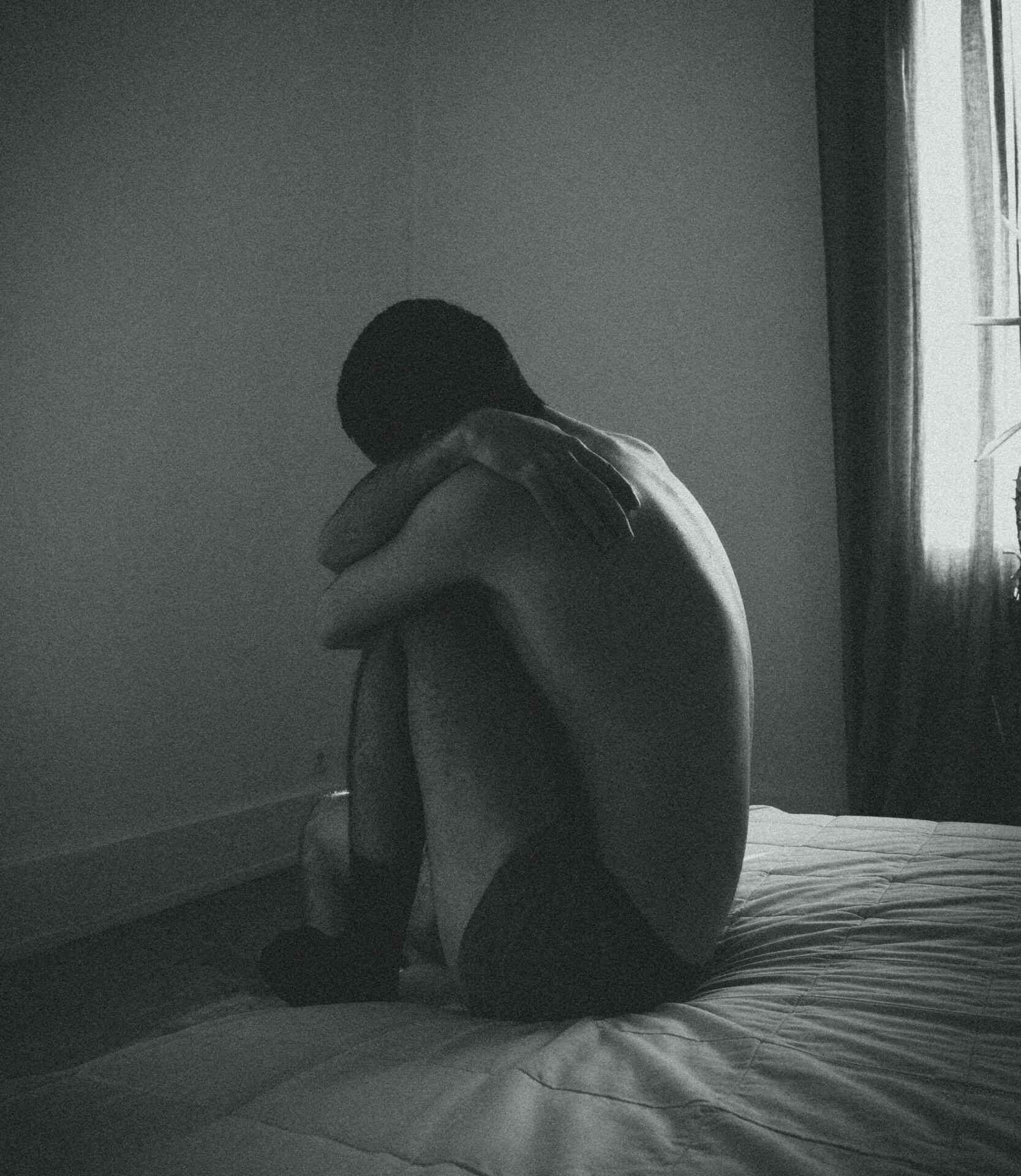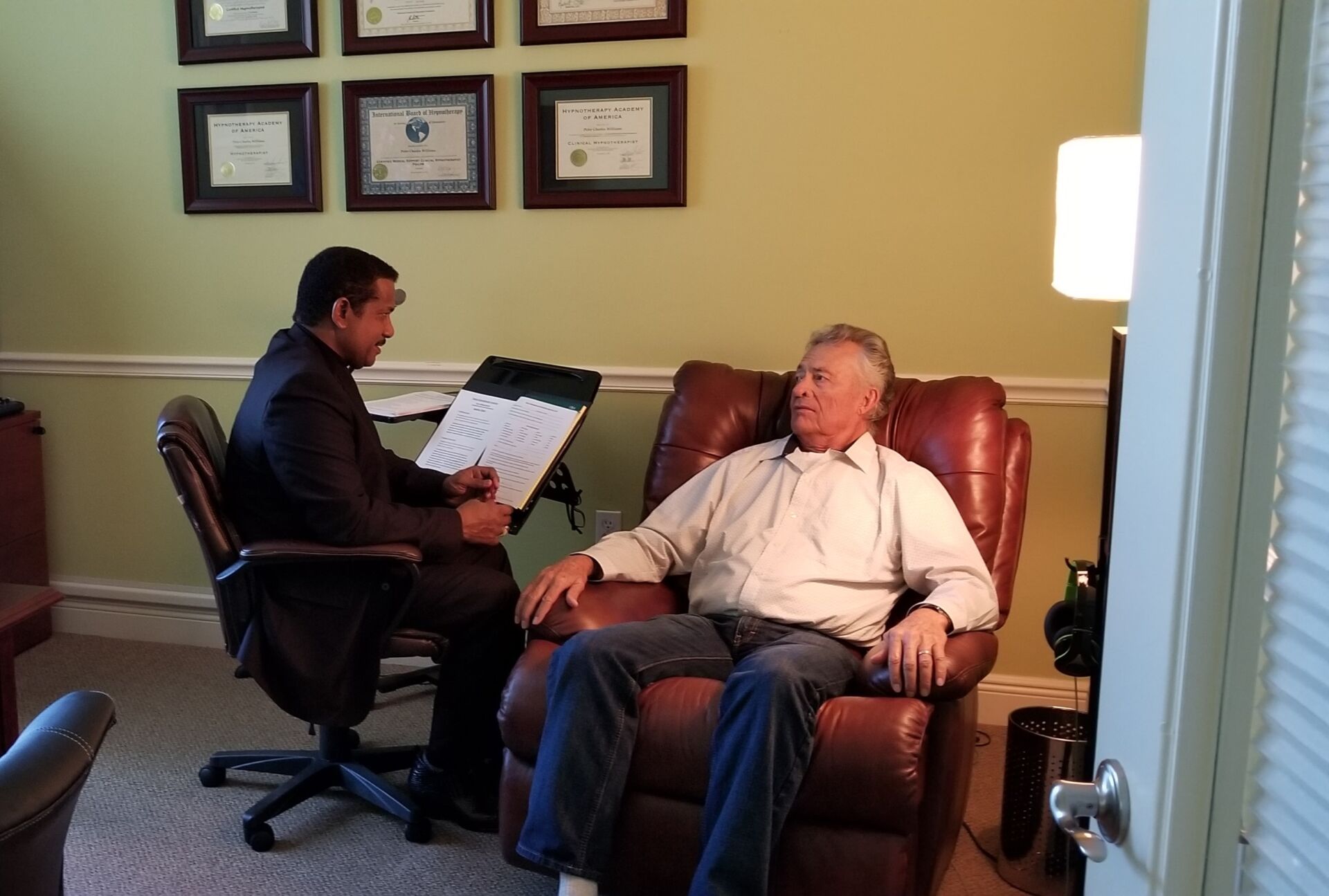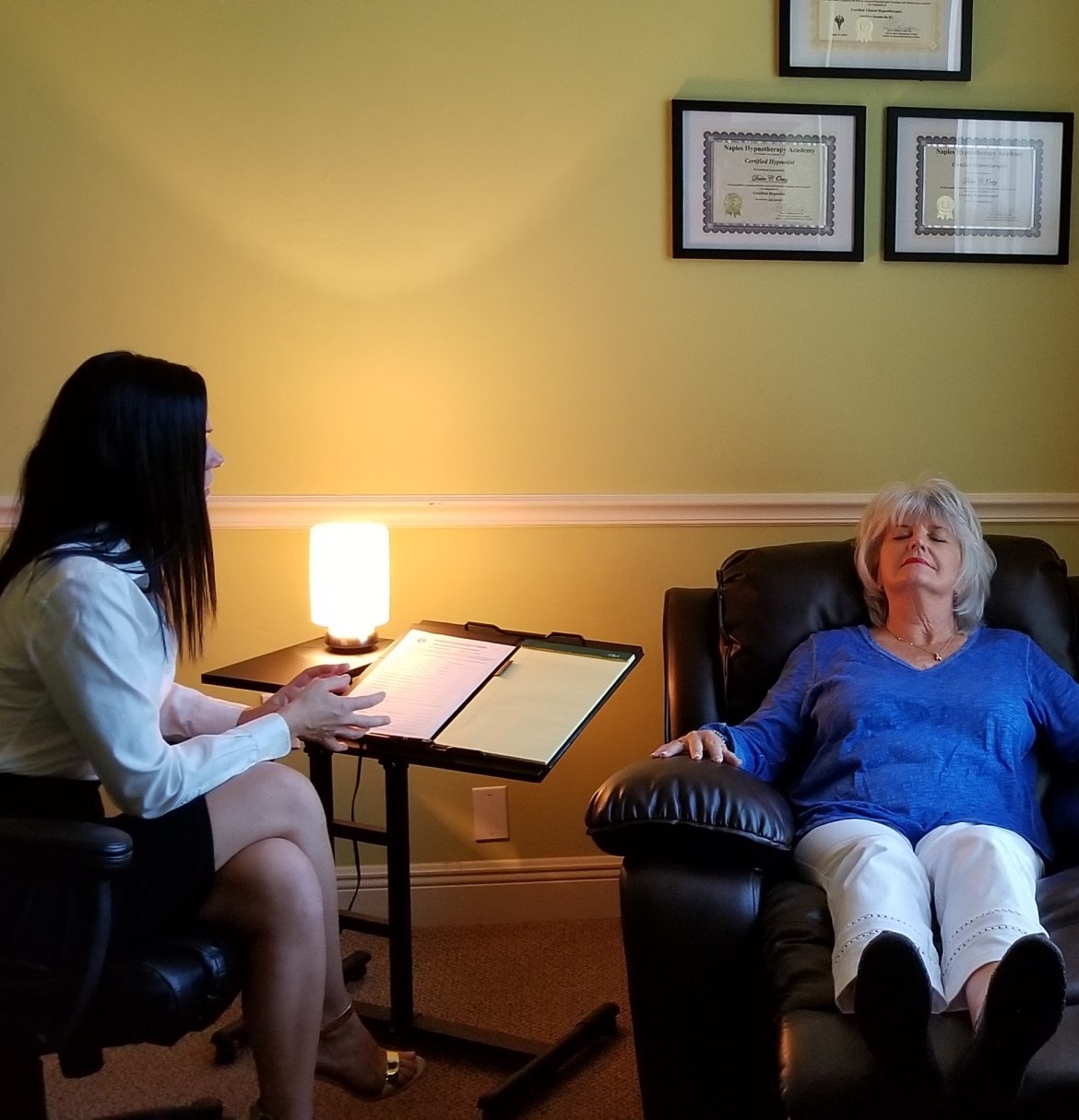Clinical Depression
Life events that can lead to Clinical Depression include adversity in childhood, such as unequal parental treatment of siblings, bereavement, neglect, mental abuse, physical abuse, or sexual abuse. Childhood physical or sexual abuse significantly correlates with the likelihood of experiencing depression over the victim’s lifetime.
Other occurrences that may influence depressed moods can be menopause, financial difficulties, unemployment, stress (from work, education, family, living conditions, etc), or a medical diagnosis. Also, loss of a loved one, natural disasters, social isolation, rape, relationship troubles, jealousy, separation, or catastrophic injury. Depression may especially affect adolescents due to their minds potentially not being matured enough to manage life’s challenges. They are also dealing with chemical changes in their bodies while attempting to cope with social rejection, peer pressure, or bullying.

Drugs
Medical treatments
Depression may also be the result of healthcare, such as medication-induced depression. Therapies associated with depression include interferon therapy, beta-blockers, isotretinoin, contraceptives, cardiac agents, anticonvulsants, antimigraine drugs, antipsychotics, and hormonal agents such as gonadotropin-releasing hormone agonists.
Substance-induced
Many drugs/substances of abuse can cause or exacerbate depression, whether in withdrawal, intoxication, or chronic use. These include alcohol, sedatives, opioids (including prescriptions and drugs such as heroin), stimulants (i.e. cocaine and amphetamines), hallucinogens, and inhalants.
Non-psychiatric illnesses
Historical legacy
Depression, caused by Oppression
Researchers have begun to conceptualize ways in which the historical legacies of Systematic Racism, Discrimination, Colonialism, Slavery, Lynching, Genocide, Concentration camps, and other forms of human maltreatment and exploitation contribute to depression.
Other historical factors include, denied education, denied job opportunities, pay inequality, police brutality (mistreatment, beatings, imprisonment, and death). These components provide the inescapable consequence of depression, regardless of its origin (personal experience, witness to, heard about, read about, or seen it on TV). Also, the ratio of imprisonment of one group over another and watching other groups excel while another is hindered represents some factors that contribute to depressive conditions, as it relates to historical legacy.
Please Note: Individuals within or outside of both the dominant and oppressed groups may also be affected, because of their level of compassion, sympathy, and belief in equality.


Depression (differential diagnoses)
Depressed mood can also be the result of a number of infectious diseases, nutritional deficiencies, neurological conditions, and/or physiological problems. This includes Addison’s disease, Cushing’s syndrome, hypothyroidism, hyperparathyroidism, Lyme disease, multiple sclerosis, Parkinson’s disease, chronic pain, stroke, diabetes, and cancer.
Psychiatric syndromes
Chemical imbalances in the brain cause depression. This depressive mood disorder is not caused by an event or a situation, but a disorder within the body. And, in most cases, these disorders require chemical intervention (i.e. psychotropic drugs).

Using Hypnotherapy to Overcome Depression
Depression Solution (Using Hypnotherapy)
Please note, a physician should assess emotional or mental conditions prior to user hypnotherapy as a means of treatment.
The practice of hypnotherapy, and the therapeutic techniques used in its execution, are being more and more recognized for their efficiency in helping clients get to the underlying causation. Hypnotherapy uses a sub-cognitive approach that goes straight to the source of the problem. Then with the use of the proper therapeutic techniques, we are able to help the clients to have control.
Hypnotherapy is not regulated in the state of Florida, so it’s highly recommended that you see a properly trained hypnotherapist. One with a minimum training of 500 hours, and who has been in practice for over five years.
